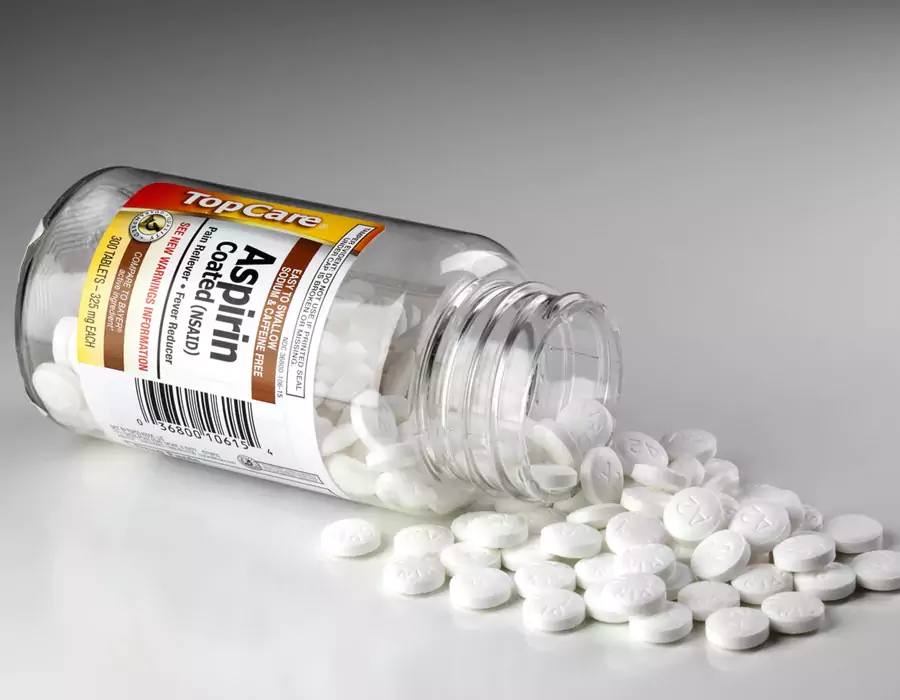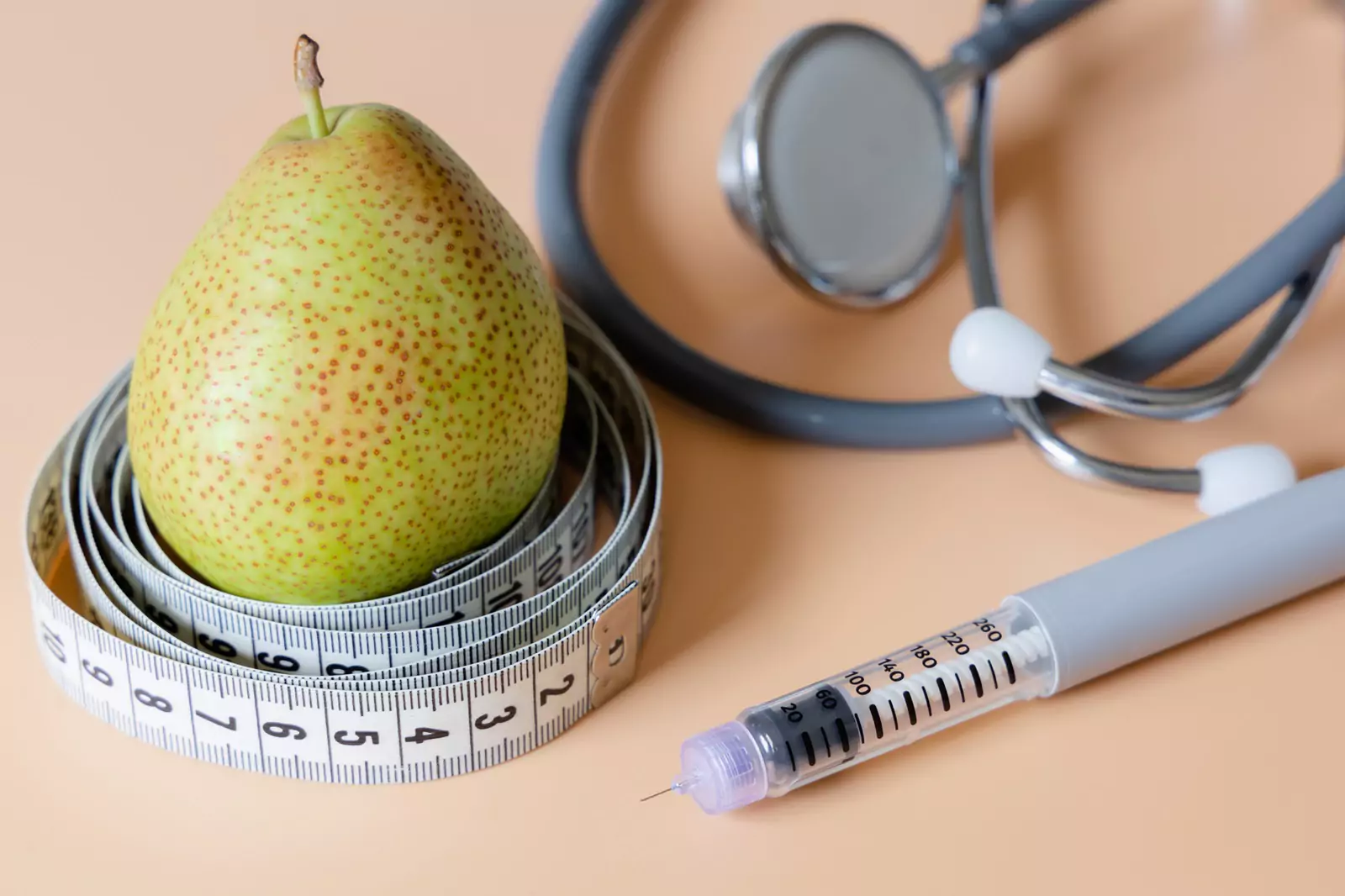
UP TO 40% OFF SITEWIDE






Should Diabetics Take Aspirin?


Table of Contents
- Should a diabetic take aspirin to reduce heart attack risk?
- What are the risk factors of heart attack to take aspirin?
- 1.High blood pressure
- 2. High cholesterol, especially low HDL.
- 3. Albumin in urine
- 4. Family history of Heart Disease.
- What are the risks of aspirin use?
- What is the optimal dose for aspirin for diabetics?
- What is the verdict?
Should a diabetic take aspirin to reduce heart attack risk?
If you didn't know I'll tell you a quick statistic. When I say statistics I mean it's real information, just to open your eyes, after age 65 the cause of death for a diabetic after 70 percent of the time is a heart attack and 16 percent of the time is stroke.
Almost 80 to 85 percent of diabetic people die from a heart attack or stroke. The real question is should you take aspirin? Will aspirin reduce your risk of having a heart attack or stroke? Maybe it will, maybe not.
Let's get started. What are the benefits of aspirin for a diabetic and what are the risks of aspirin? If you think that aspirin has no risk you're wrong. We're going to talk about the risks of aspirin along with the benefits, the dosage you need, what to prevent heart disease and lastly we are going to decide who is the ultimate candidate weighing the benefits versus the risk.
I have looked at all the studies that looked at diabetics who are more than age 40. By the way, before age 40 there is no need to take aspirin at all but let's assume you are after age 40. When the studies looked at these people who are somewhat high risk such as diabetics but on average we found around 10 to 12 percent risk reduction.
Risk reduction is a relative thing and a lot of my patients don't understand what risk reduction. I am trying to say the higher the risk the greater the benefit from risk reduction. That is based on your initial risk.
So if your risk to die from a heart attack is higher than 10 percent, then risk reduction is pretty good which means that we are saving 10 out of 100 people from dying from having a heart attack. But if you don't have that risk, then you don't have to worry about that as much.
What are the risk factors of heart attack to take aspirin?
1.High blood pressure
if you have high blood pressure along with your diabetes you are at high risk. The higher the blood pressure the higher risk.
2. High cholesterol, especially low HDL.
If your total cholesterol/HDL ratio is high that means that you have a low HDL and high total cholesterol. This puts you at risk.
3. Albumin in urine
If you have albuminuria which means your kidney is leaking protein. Your doctor will test you once a year. If you have been positive they may test you more often. If you have protein in your urine or have chronic kidney disease already that's also considered a risk for heart attacks.
4. Family history of Heart Disease.
If you have a family history of cardiovascular disease such as a heart attack in somebody in your family in their 50s can be a risk. How do you calculate your risk? Here is a risk calculator called the Framingham risk score calculator.
Remember if you have diabetes double the risk you find in this score because when they developed the risk score they have not incorporated diabetes risk in the formula. Typically patients with diabetes have twice the risk of the rest of the population with the same other risk factors.
What are the risks of aspirin use?
It's mostly bleeding risk. We divide them into two. Extracranial and intracranial. Intracranial means in the head basically. You may be at risk for a hemorrhagic stroke which means that bleeding into your brain. Well, that's not good. Thankfully does not happen too often, generally, one in ten thousand people who take aspirin can get that.
The most common bleeding is gastrointestinal which is bowel/colon bleeding. That is fairly common especially the older you are the higher the risk of having a peptic ulcer disease. If you already have peptic ulcer disease you should definitely be super careful if you are taking NSAIDs like ibuprofen or some other painkillers like in the NSAID group as well as aspirin.
Peptic ulcer history can definitely increase your risk even more so. Also if you had bleeding before like gastrointestinal bleeding then you have to be really careful about aspirin. I have seen people dying from gastrointestinal bleeding. It's not just a minor thing. Especially if you're older it can put you in severe anemia.
If bleeding is severe enough you may need transfusion ICU admissions. When I was a resident I had to deal with that all the time. So, the bottom line increased risk with aspirin for diabetics is typically a relative risk around 50 percent compared to risk reduction which is a modest reduction.
What is the optimal dose for aspirin for diabetics?
You really need not more than 75 milligrams of aspirin. The studies show that the difference between 75 milligrams or higher doses was not any different for any benefit. So, do not overdose on aspirin.
What is the verdict?
Here is my verdict: After reading all this I will tell you this: if you are a person with diabetes who are at high risk for heart attacks such as more than ten percent of the risk in the next 10 years based on Framingham calculation(diabetics typically have twice the risk factor based on this calculation by the way).
If you find yourself at a 6 percent risk on this calculator and also if you're diabetic that means that your real risk is 12 percent. So, unless you do have other contraindications such as a high risk of bleeding consider aspirin. You may not decide on that right now. You may still want to talk you are a good candidate, go for it.
Because the benefit is significant if you have a lot of risk factors like high blood pressure, high cholesterol, smoking, chronic kidney disease, family history of heart disease, etc. What else can diabetics do to reduce heart disease risk other than aspirin? Risk reduction measures other than taking aspirin are keeping your LDL down, keeping your HDL up, eating healthy with the Mediterranean diet, keeping blood pressure under control, and stopping smoking. Have a wonderful day and keep blood sugar down!
Author: Ahmet Ergin, MD, FACE, CDCES, ECNU About the author: Dr. Ergin operates a large diabetes practice mostly in West Palm Beach, FL, and yet can see diabetic patients across the entire state of Florida via a unique telehealth platform which also allows him and his team to track patient progress and be available at all times.
Written By Dr. Ahmet Ergin
466 total articles
Meet Dr. Ahmet Ergin, a highly skilled and dedicated endocrinologist with a passion for diabetes care. Dr. Ergin earned his medical degree with honors from Marmara University in Istanbul. He completed internal medicine residency and endocrinology fellowship at Cleveland Clinic. Dr. Ergin is board-certified in Internal Medicine, Endocrinology, Diabetes, and Metabolism due to his vast medical expertise. He's a certified diabetes educator, author of “The Ultimate Diabetes Book,” and founder of “the SugarMD YouTube channel.” Dr. Ergin offers exceptional diabetes care to his patients in Port Saint Lucie, FL, helping them manage effectively. For a closer look into his insights and experiences, connect with Dr. Ahmet Ergin on LinkedIn, Instagram, and YouTube.”
Disclaimer: These statements have not been evaluated by the Food and Drug Administration. Information on this website isn't intended to treat, cure or prevent any disease. Discuss with your doctor and do not self-treat.
Products















